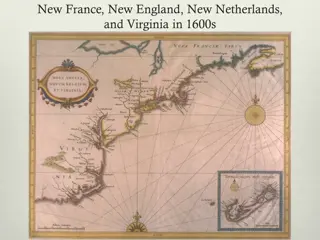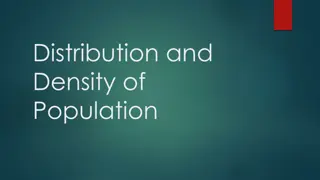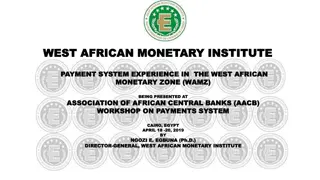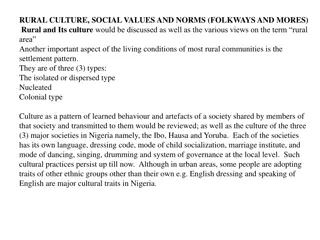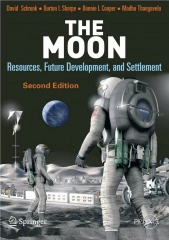What is a settlement?
Human settlements can vary in size and structure, from small villages to bustling cities. They exhibit patterns such as nucleated, linear, and dispersed layouts, influenced by factors like flat land, water supply, and protection needs. Choosing settlement locations requires considerations like building supplies, water availability, and defense against potential risks like flooding or marshy terrain. Understanding these aspects helps in comprehending the evolution and planning of human habitats.
Download Presentation
Please find below an Image/Link to download the presentation.
The content on the website is provided AS IS for your information and personal use only. It may not be sold, licensed, or shared on other websites without obtaining consent from the author. Download presentation by click this link. If you encounter any issues during the download, it is possible that the publisher has removed the file from their server.
Presentation Transcript
What is a settlement? A settlement is any form of human dwelling, from the smallest house to the largest city.
Recap! Settlement patterns Settlements come in many shapes and sizes depending on the situation. There are some common patterns that emerge and these can be seen in the diagram beside. Nucleated settlements are ones that have buildings packed close together. Linear settlements will follow a road, coastline or river and have their buildings in a long line. Dispersed settlements are ones that have their buildings spread out over a large area.
NUCLEATED This nucleated settlement centres on a road junction
LINEAR This linear settlement follows a road and a shoreline (can you spot which way the line is going?)
DISPERSED This dispersed settlement has its houses spread out over a wide area.
Factors affecting the location of settlements We call the place where a settlement starts the site of a settlement and settlement sites are chosen because they have lots of good reasons for locating a settlement there. Flat land is a good reason for locating a settlement in a particular place. Flat land is easier to build on and it is good for growing crops.
Can you think of any more reasons? Building supplies Building supplies are needed for homes but they are also needed to build farm buildings. A good supply of wood and stone helps Water supplies Water is essential as it is needed for cooking, washing, cleaning and drinking. It is also heavy to move around so you want a water supply close by to your house. Flat land Flat land is good for crowing crops such as wheat and vegetables. It is also easier to build houses on flat land and it is easier to travel around Protection Villages a long time ago were sometimes attacked by invaders. Being on a hill made the settlement easier to defend and see your enemies coming Bridging point It is hard to imagine now with our modern wide bridges crossing rivers wherever we want but many years ago, rivers proved to be huge obstacles preventing easy movement of goods and people. Where rivers were easier to cross, many people met there which made it a good place to have a market.
Can you think of any reasons why you wouldnt want to build a settlement? Land that floods Flat land is great but if it is next to a river and floods every year, it is no good. Marshy land Marshy land is bad for two reasons. It is difficult to build on and it is difficult to grow crops on. Poor quality farmland When we are hungry, we want to eat but if we haven't grown much food through the year, come winter time, we will starve. Placing a settlement near poor farmland isn't going to help the settlement to grow. No water supply Cooking, washing, cleaning and drinking all become much more difficult without water. Similarly, we cannot irrigate our crops during any dry periods. So locate your village near a river, stream or spring.
CAUSES OF DISPERSED SETTLEMENTS Mountainous areas that are hard to build on and hard to build good transport links to. Only limited natural resources No job prospects Severe weather conditions e.g. extremely hot or cold or wet. No nearby schools and hospitals No electricity supply Mainly farm land Floodplain or coastal area that is vulnerable to flooding No entertainment
CAUSES OF A NUCLEATED SETTLEMENT Good transport links (road, rail, river) Good and reliable supply of electricity, gas and water. Good fertile land nearby to grow food. Varied entertainment Flat land, that is easy to build on Stable weather that is good for growing. Nearby natural resources e.g. fuel Good job prospects Good schools and hospitals
CAUSES OF A LINEAR SETTLEMENT In the case of settlements built along a route, the route was probably there before the settlement and then the settlement grew up at some way station or feature, growing along the transport route. Often, it is only a single street with houses on either side of the road. Later development may add side turnings and districts away from the original main street.
QUICK QUESTIONS What is a Nucleated settlement? What is a Linear settlement? What is a Dispersed settlement? Which sort of settlement would a Farm be classed as? Name 2 good reasons for why you would want to create a settlement somewhere Which 2 things would you avoid if you wanted to create a settlement?
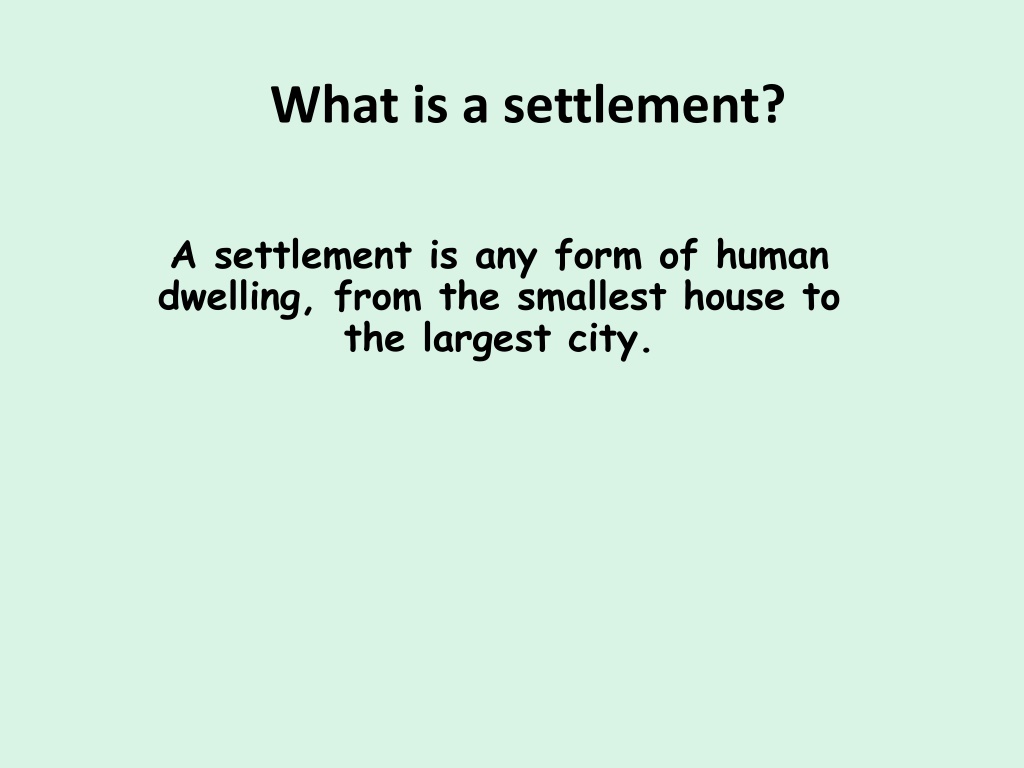



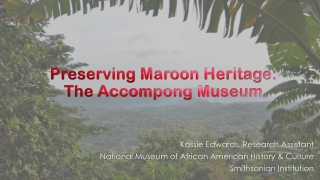
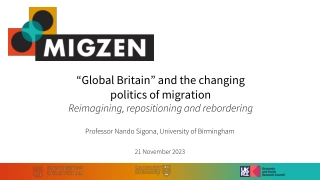
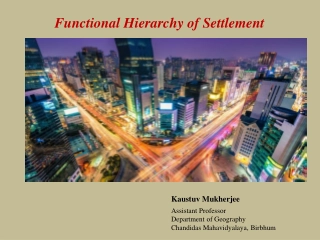


![Property Settlements in Family Law: Case Study of Stamatou & Stamatou [2022] FedCFamC1F 241](/thumb/63303/property-settlements-in-family-law-case-study-of-stamatou-stamatou-2022-fedcfamc1f-241.jpg)
